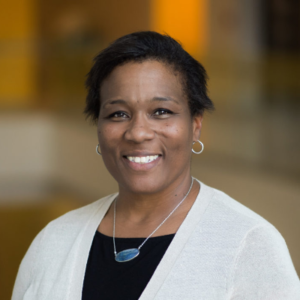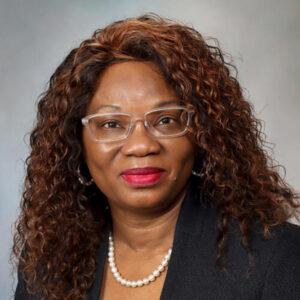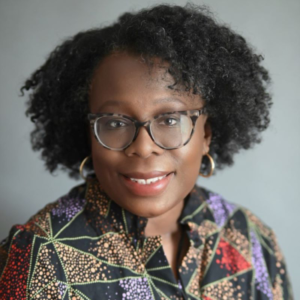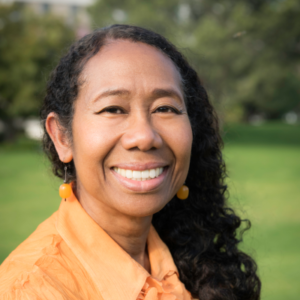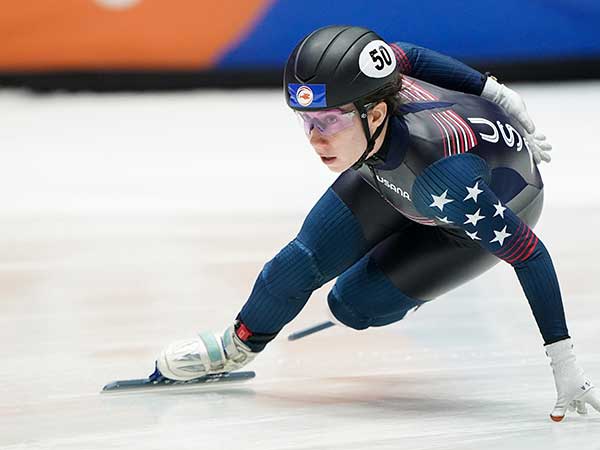Community Outreach and Engagement (COE), now augmented with the Plan to Enhance Diversity (PED), is critical and central to the impact of NCI-designated cancer centers, and both are set forth as required components for the NCI Cancer Center Support Grant (CCSG).
To access this subscriber-only content please log in or subscribe.
If your institution has a site license, log in with IP-login or register for a sponsored account.*
*Not all site licenses are enrolled in sponsored accounts.
Login Subscribe
If your institution has a site license, log in with IP-login or register for a sponsored account.*
*Not all site licenses are enrolled in sponsored accounts.
Login Subscribe


